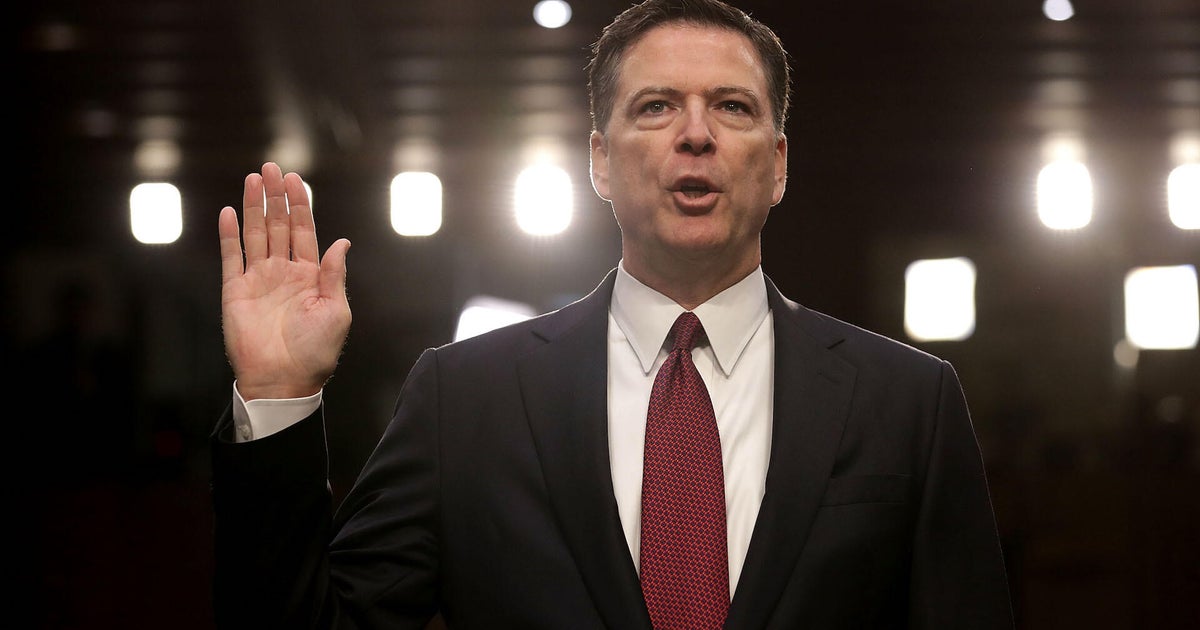
In a significant move amidst growing scrutiny, Apple and Google have both removed applications that notify users of nearby Immigration and Customs Enforcement (ICE) agents, responding to pressure from Florida Attorney General Pam Bondi. This decision has sparked outrage among advocates for immigration rights and raised concerns about the influence of political pressure on technology companies.
The app in question, known as ICEBlock, was designed to act as an early warning system, alerting individuals of ICE agents’ proximity, much like a traffic app warns users of road hazards. Launched in April, ICEBlock quickly gained traction, amassing hundreds of thousands of downloads. However, the app’s fate changed dramatically after Bondi demanded its removal, citing “safety risks” associated with its usage.
“We reached out to Apple today demanding they remove the ICEBlock app from their App Store — and Apple did so,” Bondi stated, emphasizing her role in the app’s removal in a release to Fox News. The Justice Department has not commented on the situation, leaving many questions unanswered regarding the extent of government influence over private companies.
While ICEBlock was not available on Android, Google also acted swiftly by removing similar apps from its Play Store, aligning with Apple’s decision. Joshua Aaron, the developer of ICEBlock, expressed his dismay at the removal, attributing it to political coercion. He vowed to challenge the decision, arguing that the app’s function constituted a form of protected speech, akin to other crowd-sourced apps that inform users about accidents or police activities.
“Capitulating to an authoritarian regime is never the right move,” Aaron declared, highlighting the broader implications of this decision on free expression and civil liberties. His sentiments echo a growing concern regarding “jawboning,” a term used to describe government attempts to influence or censor speech through intimidation or threats.
This incident also reignites a long-standing debate over the relationship between tech companies and government officials. Critics argue that such actions represent a troubling precedent, wherein companies may prioritize compliance with government demands over their commitment to user privacy and free speech. Kate Ruane, Director of the Center for Democracy and Technology’s Free Expression Project, pointed out that when corporations yield to governmental pressure, they undermine the First Amendment rights of all citizens.
“When companies agree to the administration’s demands in order to achieve some other goal, whether it be avoiding tariffs or getting merger approval, they send a message to others that it’s ok to do the same,” Ruane noted. “What’s worse, they erode the promise of the First Amendment for all of us at the same time.”
The dynamics between Apple and the Trump administration have often been fraught with tension, particularly in light of aggressive tariff policies that could adversely affect Apple’s global supply chain. Apple CEO Tim Cook has been observed attempting to cultivate a positive relationship with the administration, including a notable visit to the White House where he presented Trump with a 24-karat gold plaque—a gesture that many interpret as a symbol of Silicon Valley’s deference to the president.
In addition to cultivating goodwill, Trump has offered tech companies benefits, such as exempting smartphones from tariffs, which has further complicated the relationship between corporate interests and governmental power.
Legal experts express concern that companies like Apple, in seeking to avoid conflict with the administration, may be setting a dangerous precedent that could lead to further governmental overreach. Gautam Hans, a law professor at Cornell University, remarked that many large organizations are becoming increasingly cautious in their dealings with the government, even when faced with potential violations of constitutional rights.
“Compliance will only incentivize further government demands,” Hans warned, suggesting that the actions taken by Apple and Google may embolden the administration to impose even more stringent regulations on tech companies.
As the fallout from the removal of ICEBlock continues to unfold, advocates for immigration rights and free speech remain vigilant. They warn that the implications of such corporate decisions extend beyond the immediate context, potentially threatening the very fabric of democratic discourse and individual freedoms in the digital age.


